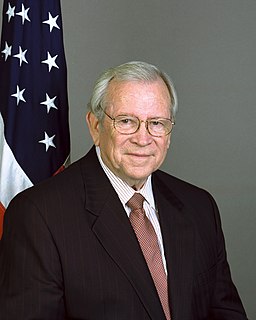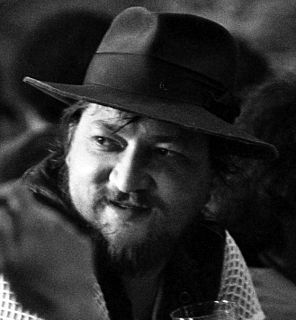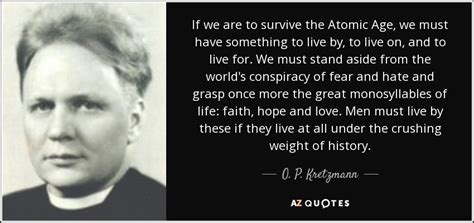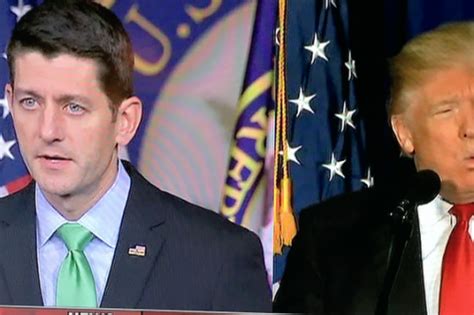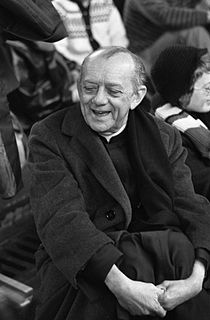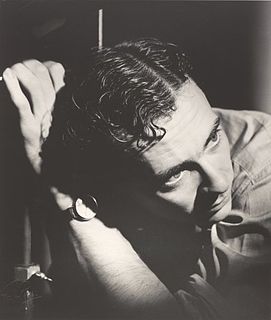A Quote by Plato
We must now examine whether just people also live better and are happier than unjust ones. I think it's clear already that this is so, but we must look into it further, since the argument concerns no ordinary topic, but the way we ought to live.
Related Quotes
If we are to survive the Atomic Age, we must have something to live by, to live on, and to live for. We must stand aside from the world's conspiracy of fear and hate and grasp once more the great monosyllables of life: faith, hope and love. Men must live by these if they live at all under the crushing weight of history.
To be free people we must assume total responsibility for ourselves, but in doing so must possess the capacity to reject responsibility that is not truly ours. To be organized and efficient, to live wisely, we must daily delay gratification and keep an eye on the future; yet to live joyously we must also possess the capacity, when it is not destructive, to live in the present and act spontaneously. In other words, discipline itself must be disciplined. The type of discipline required to discipline discipline is what I call balancing.
Hordes of people [are] born, who live, yet who have done absolutely nothing to advance the race one iota. Their lives are hopeless repetitions… Such human weeds clog up the path, drain up the energies and the resources of this little earth. We must clear the way for a better world; we must cultivate our garden.
What I must do is all that concerns me, not what people think. This rule,equally arduous in actual and intellectual life, may serve for the whole distinction between greatness and meanness. It is the harder, because you will always find those who think they know what is your duty better than you know it. It is easy in the world to live after the world's opinion; it is easy in solitude to live after our own; but the great man is he who in the midst of the crowd keeps with perfect sweetness the independence of solitude.
The surest way to know our gold, is to look upon it and examine it in God's furnace, where he tries it that we may see what it is. If we have a mind to know whether a building stands strong or not, we must look upon it when the wind blows. If we would know whether a staff be strong, or a rotten, broken reed, we must observe it when it is leaned on and weight is borne upon it. If we would weigh ourselves justly we must weigh ourselves in God's scales that he makes use of to weigh us.
No man (sic) has learned to live until he can rise above the narrow confines of his individualistic concerns to the broader concerns of all humanity. Length without breadth is like a self-contained tributary having no outward flow to the ocean. Stagnant, still and stale, it lacks both life and freshness. In order to live creatively and meaningfully, our self-concern must be wedded to other concerns.
People are not "things" to be manipulated, labeled, boxed, bought, and sold. Above all else, they are not "human resources." They are entire human beings, containing the whole of the evolving universe, limitless until we start limiting them. We must examine the concept of leading and following with new eyes. We must examine the concept of superior and subordinate with increasing skepticism. We must examine the concept of management and labor with new beliefs. And we must examine the nature of organizations that demand such distinctions with an entirely different consciousness.

